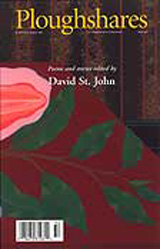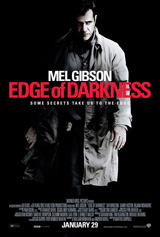Historically, farther and further have been used interchangeably when referring to distance, but their definitions are diverging. Most usage guides, including Chicago and AP, distinguish between the two, reserving farther when referring to physical distances and further for figurative distances, measuring quantity or degree:
When I graduated from college, I moved from the Midwest to Los Angeles. My sister moved even farther, to Honolulu.
Although she is more than four years younger than me, for a while my sister was further along in her studies than I.
It’s easy to remember to use farther when referring to physical distances because it starts with the word far.
However, sometimes it can be unclear whether the distance being described is physical or figurative:
Tanya got to the stable before her brother and so is farther/further into her ride than he.
Whether to use farther or further depends on how you look at it: Is Tanya physically farther along the trail? Or figuratively further into her ride? In cases like these, where the distinction isn’t clear, farther and further can still be used interchangeably.
Further can also be used to modify an entire sentence:
Further, Tanya was riding at a brisk trot, so she returned to the stable long before her brother did.
In cases where you could just as easily use furthermore, use further, not farther.
Do you have a question about usage? Let me know, and I’ll include it in a future installment of Mots Justes’ ongoing series.
Resources
Chicago Manual of Style, The. 15th ed. Chicago: The University of Chicago Press, 2003.
“farther.” Merriam-Webster Online Dictionary. 2010. Merriam-Webster Online. 18 February 2010
<http://www.merriam-webster.com/dictionary/farther>
Fogarty, Mignon, Grammar Girl’s Quick and Dirty Tips for Better Writing. New York: Holt Paperbacks, 2008.
Goldstein, Norm, ed. The Associated Press Stylebook. 42nd ed. New York: Basic Books, a Member of the Perseus Books Group, 2007.
Hacker, Diana, The Bedford Handbook for Writers, 3rd ed. Boston: St. Martin’s Press: 1991.
Strunk Jr., William, and White, E.B. The Elements of Style. 4th ed. New York: Longman, 2000.








